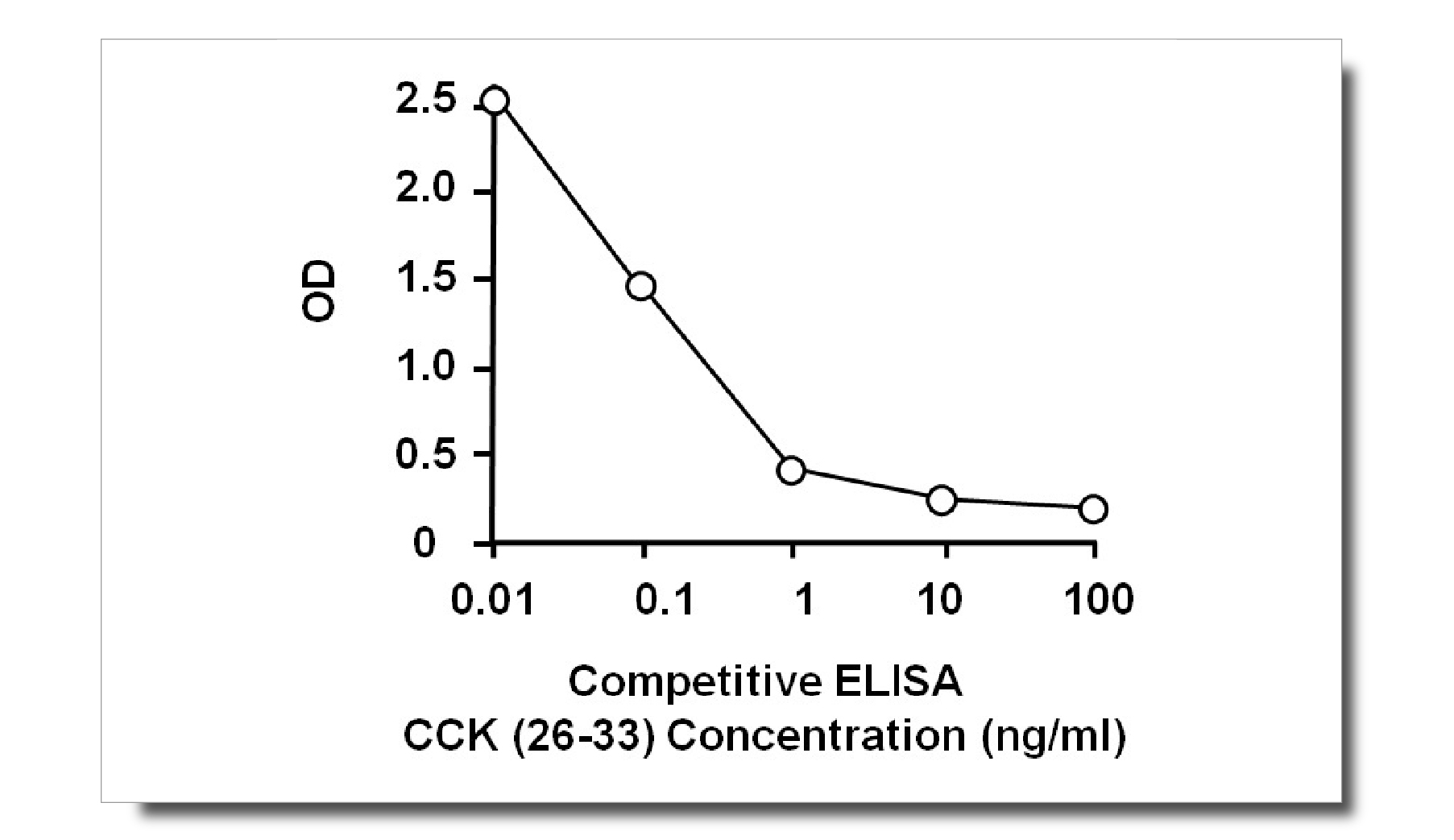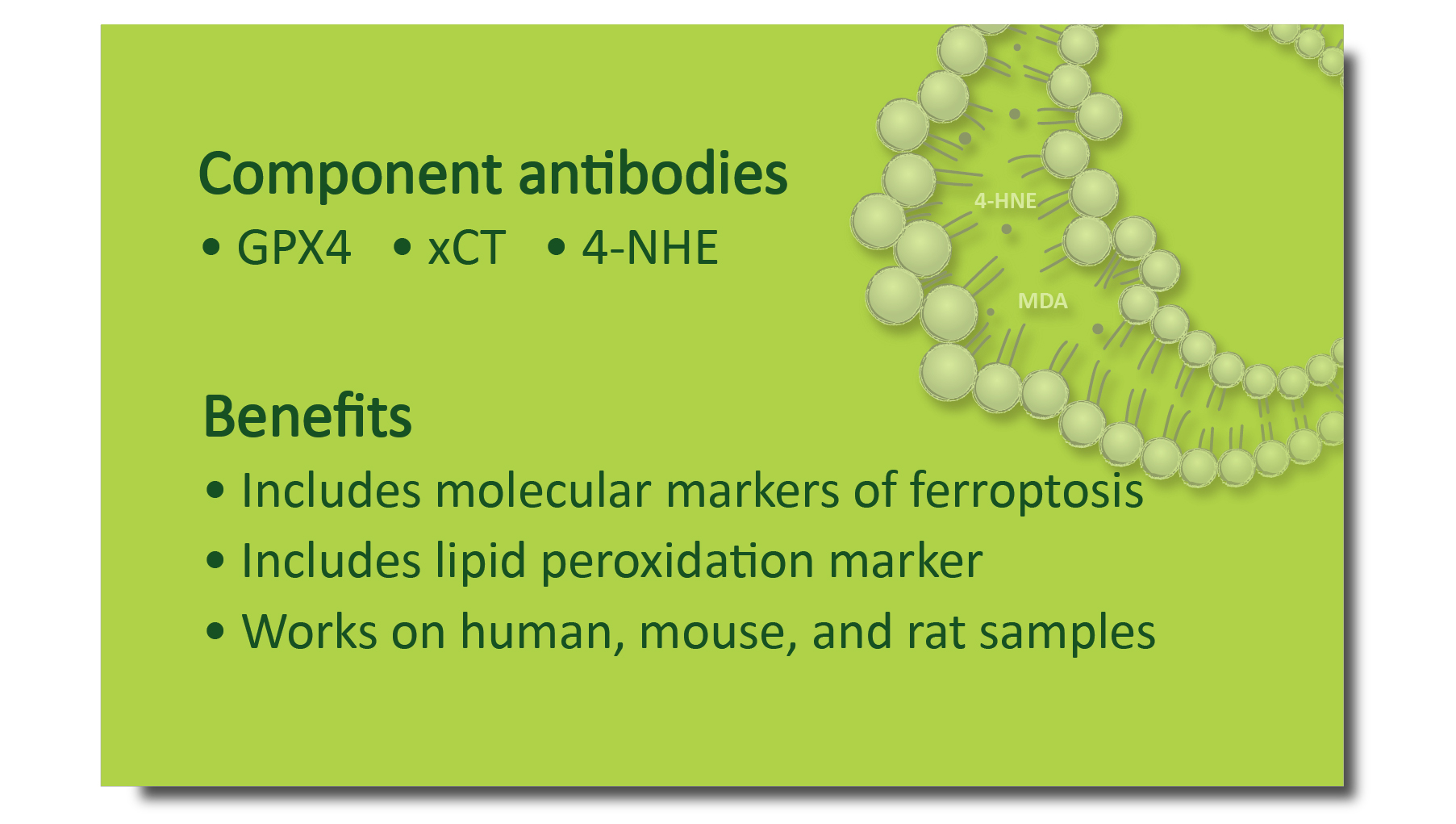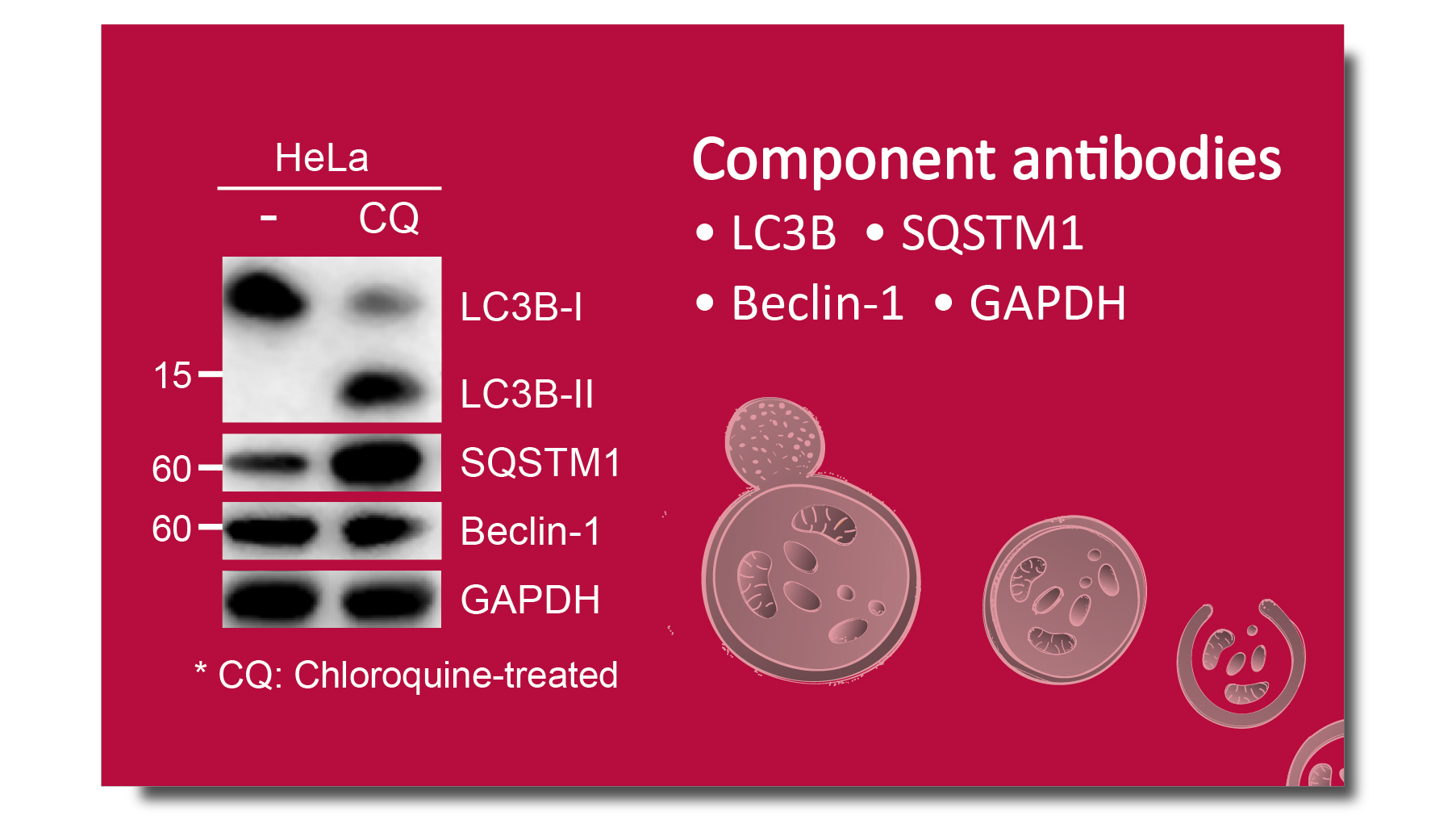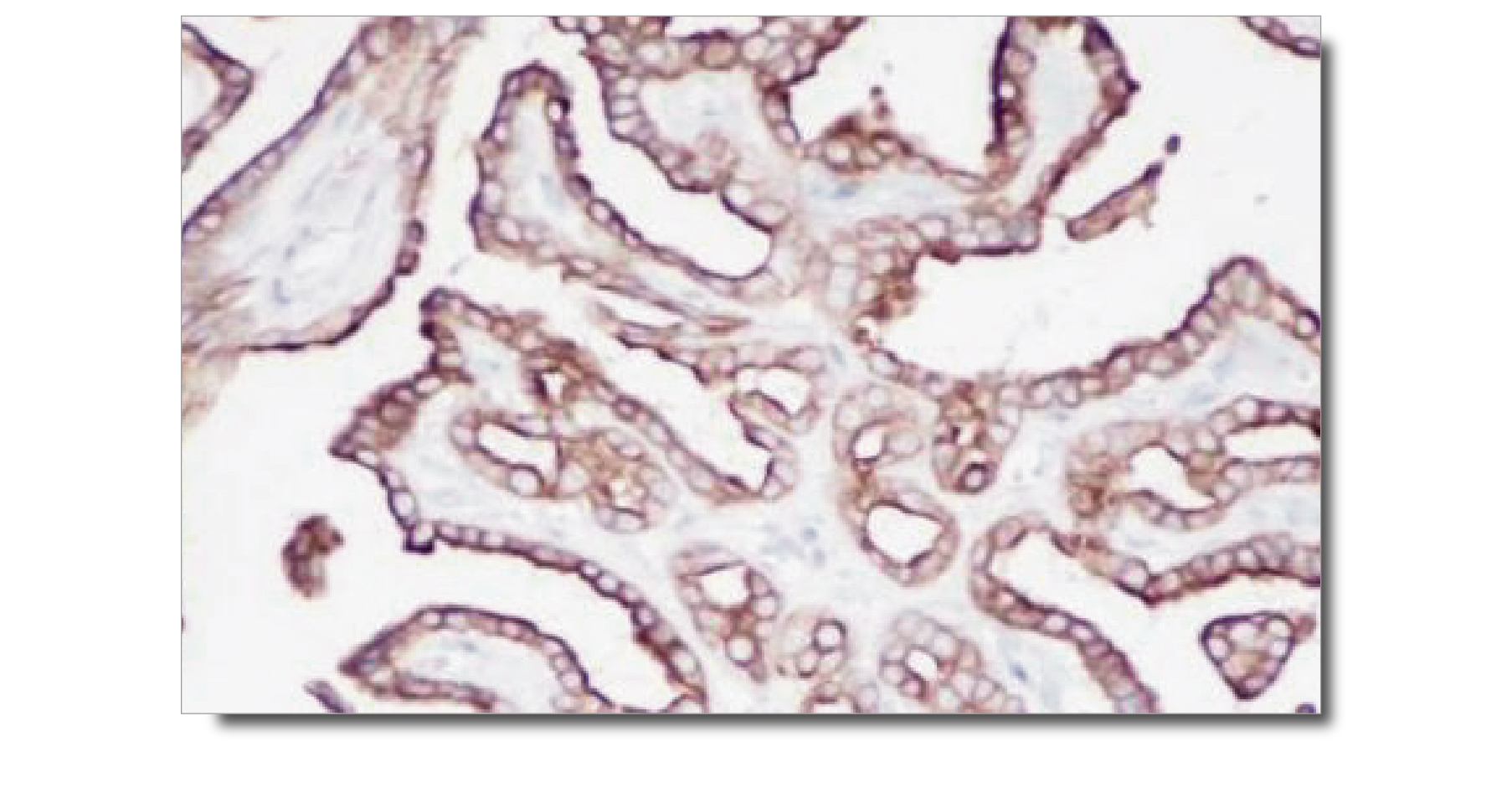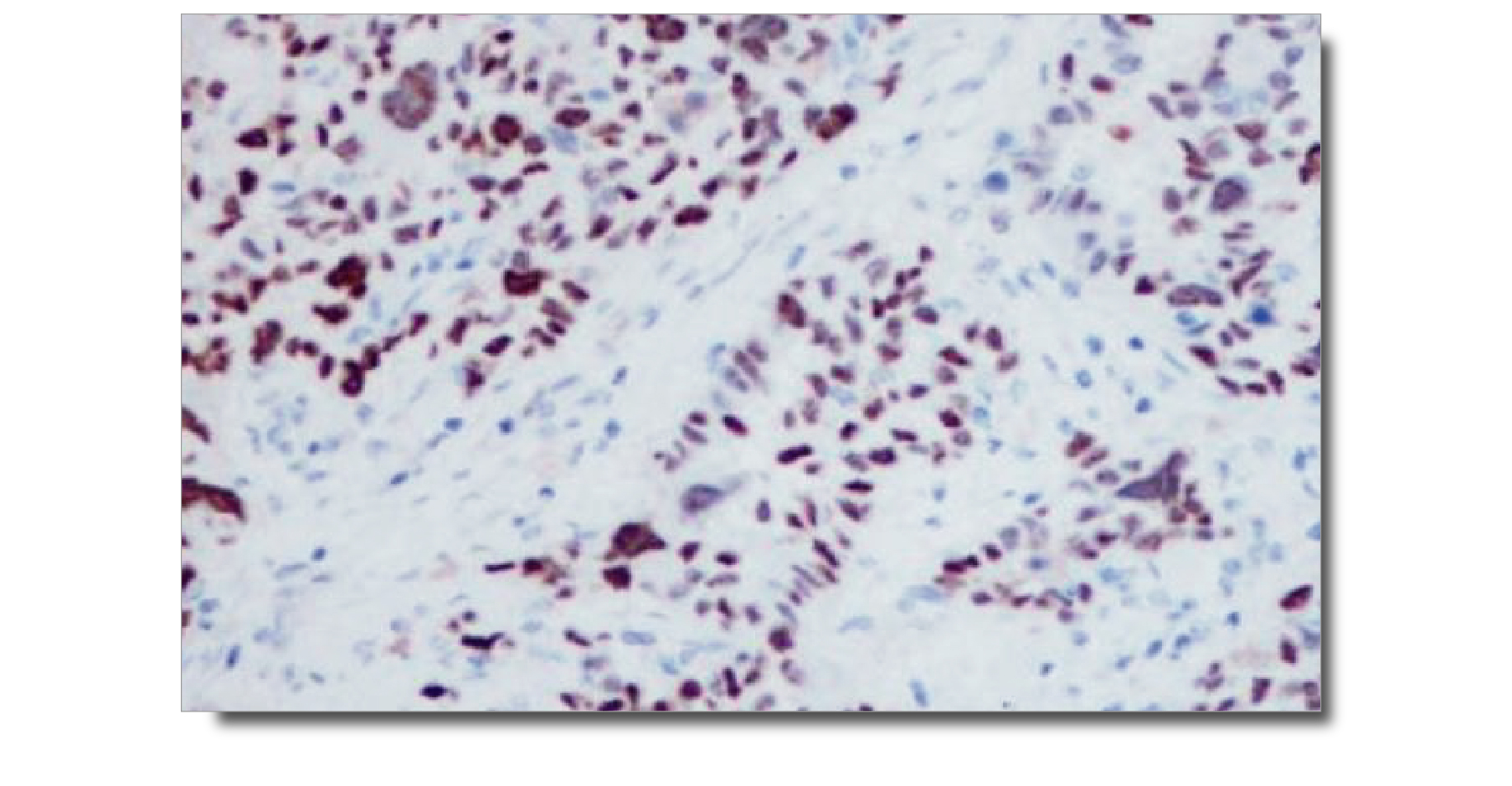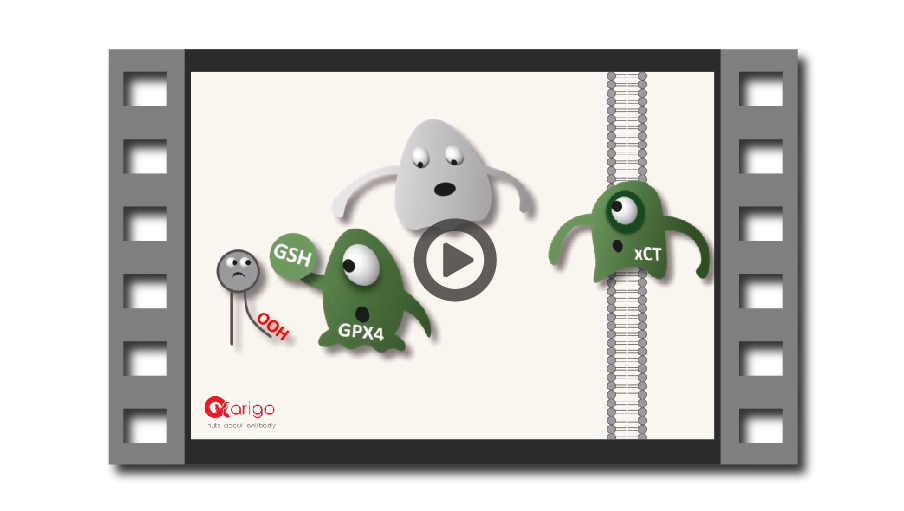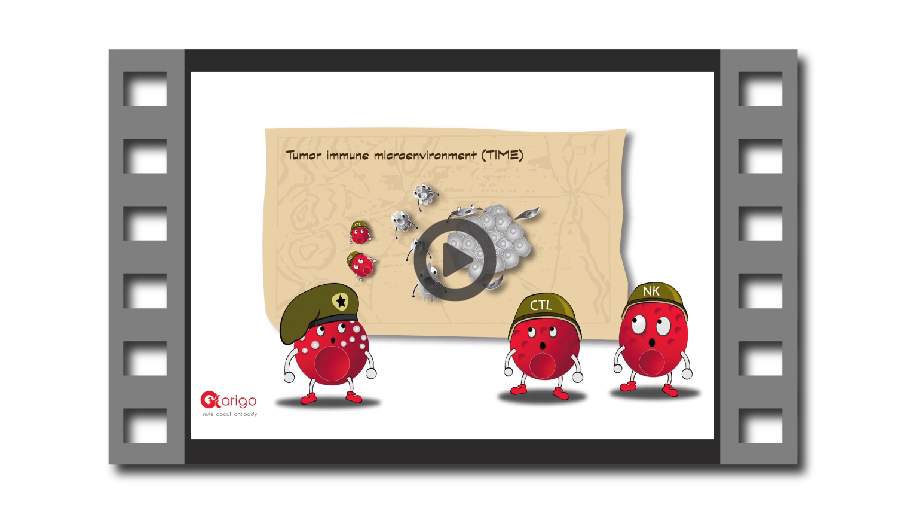Therapeutic strategies against PDAC
Therapeutic strategies against PDAC
Pancreatic ductal adenocarcinoma (PDAC) is one of the deadliest cancer because it is resistant to most therapies including chemotherapy, targeted small molecules, and immunotherapy. Recently, several reports provide new insights into the therapeutic strategies against PDAC.
|
● Strategy for PDAC prevention |
|
In recent Cell journal, Chung et al. demonstrated that obesity accelerates PDAC progression, while genetic or dietary weight loss intercepts cancer development. They specifically identified that obesity-associated overexpression of pancreatic islet cholecystokinin (Cck) drives PDAC development. Their study indicates a possible strategy beyond weight loss for PDAC prevention. |
|
● Ferroptosis induction for PDAC therapy |
|
Ferroptosis is a form of cell death resulting from accumulation of lipid ROS. PDAC cells have high levels of ROS but manage to avoid ferroptosis by detoxifying ROS. In recent Science journal, Badgley et al. found that the cysteine import via System Xc- is required for PDAC cells to synthesize glutathione and avert ferroptosis. They further proved that cysteine depletion induces tumor ferroptosis in both PDAC cells and mouse model. Their study provides a new therapeutic strategy against PDAC. |
|
● Autophagy inhibition enhances anti-tumor immune response |
|
PDAC is resistant to most therapies including immunotherapy. In recent Nature journal, Yamamoto et al. show that, in PDAC cells, surface MHC-I is degraded by an autophagy-lysosome system, contributing to the resistance to immunotherapy. Inhibition of autophagy restores surface MHC-I expression, leading to improved response to immunotherapy. Their findings provide a rationale for the combination of autophagy inhibition and immunotherapy as a more effective therapeutic strategy against PDAC. |
|
● Pancreatic cancer pathology |
|
CK19 antibody [SQab1872] (ARG66324) |
p53 antibody [SQab1731] (ARG66242) |
|
● arigo minifilm |
|
Reference: |
